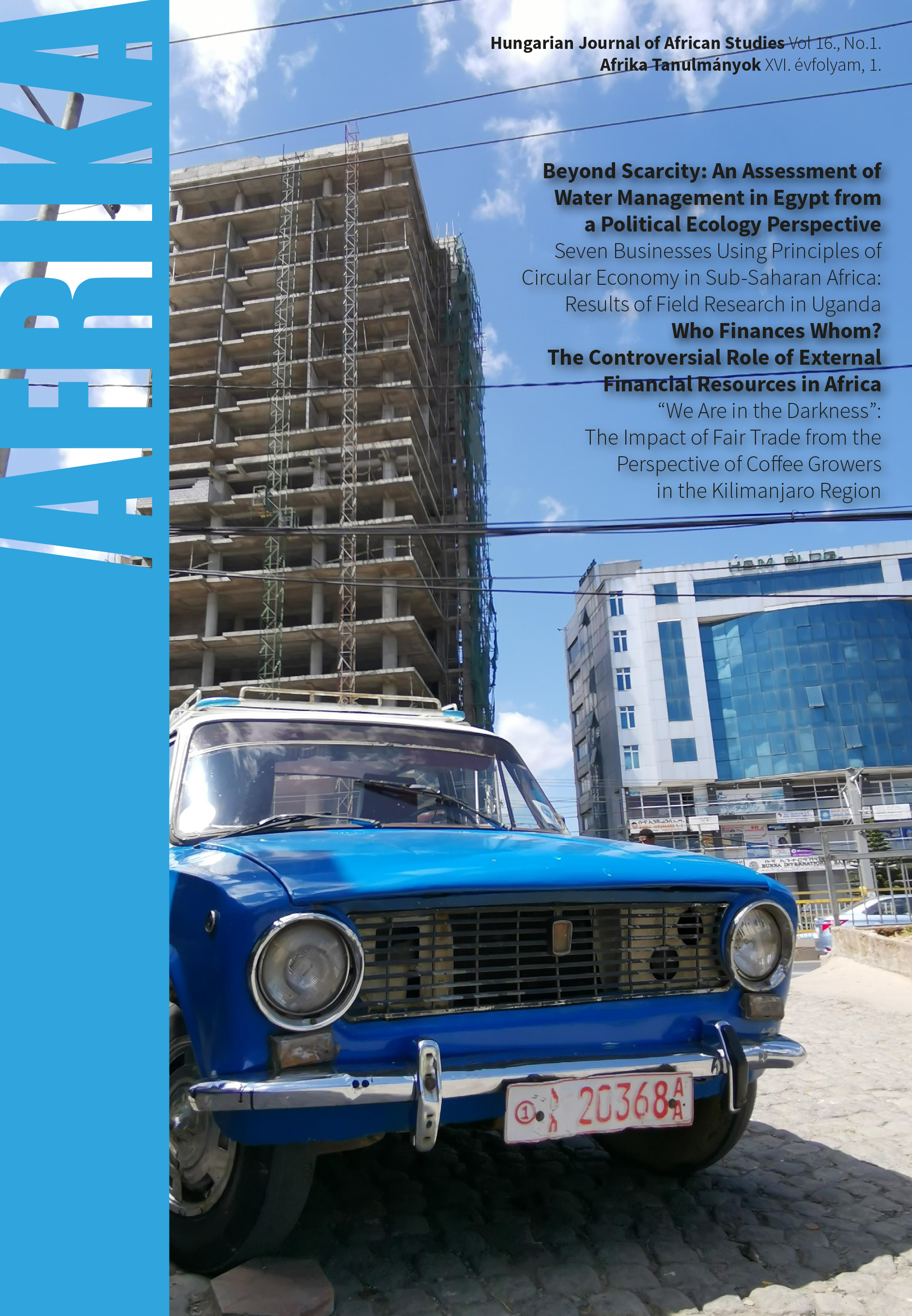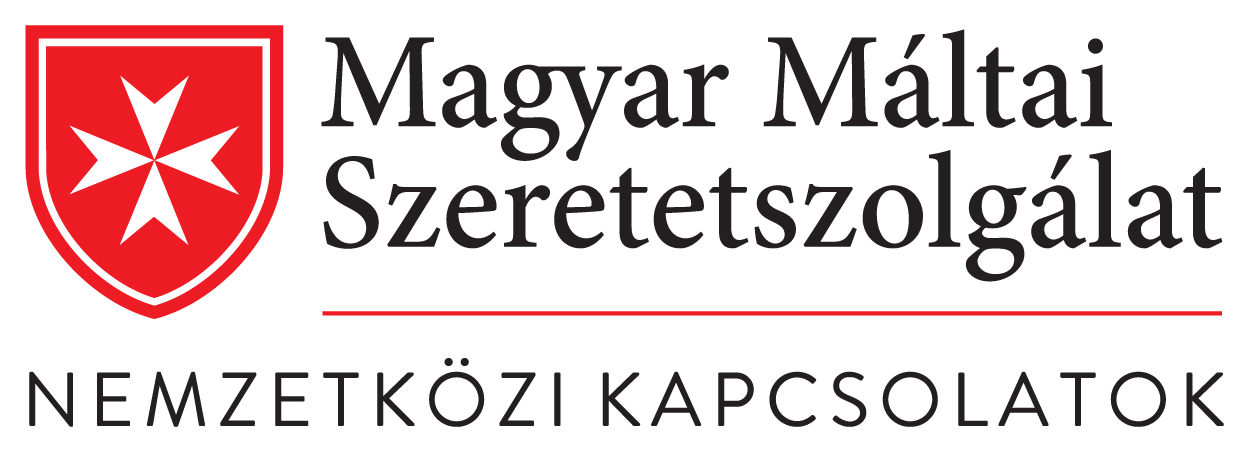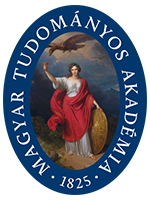Seven Businesses Using Principles of Circular Economy in Sub-Saharan Africa: Results of Field Research in Uganda.
DOI:
https://doi.org/10.15170/AT.2022.16.1.1Kulcsszavak:
circular economy, sustainable development, Sub-Saharan Africa, UgandaAbsztrakt
Sub-Saharan Africa is facing multiple challenges regarding waste management, economic productivity, and climate change, all of which seriously endanger sustainable development. The concept of circular economy provides potential solutions for addressing this complex, multidimensional challenge. The aim of this paper is to contribute to the academic research and understanding of the circular economy’s status, its application, and its limits in the Sub-Saharan African context. Therefore, the study presents seven Ugandan businesses and entrepreneurs which apply circular economy practices in their operations based on field research conducted in May 2021. The examples touch on plastic recycling, agriculture, carpentry, textile, and paper and packaging industries. The main economic benefits generated are lower input costs, saved waste management costs, and better products for consumers. The improvement of waste collection as well as the reduction of waste landfills and GHG emissions can be considered the most significant environmental benefits. Beside job and additional income creation, better hygienic conditions and improved food nutrient content represent important social benefits. The primary challenges are formed by machinery and production problems which, along with fierce competition over imported products, limit the achievement of economies of scale to support economic sustainability of these initiatives.
Downloads
Megjelent
Hogyan kell idézni
Folyóirat szám
Rovat
License

This work is licensed under a Creative Commons Attribution-NonCommercial-NoDerivatives 4.0 International License.
















